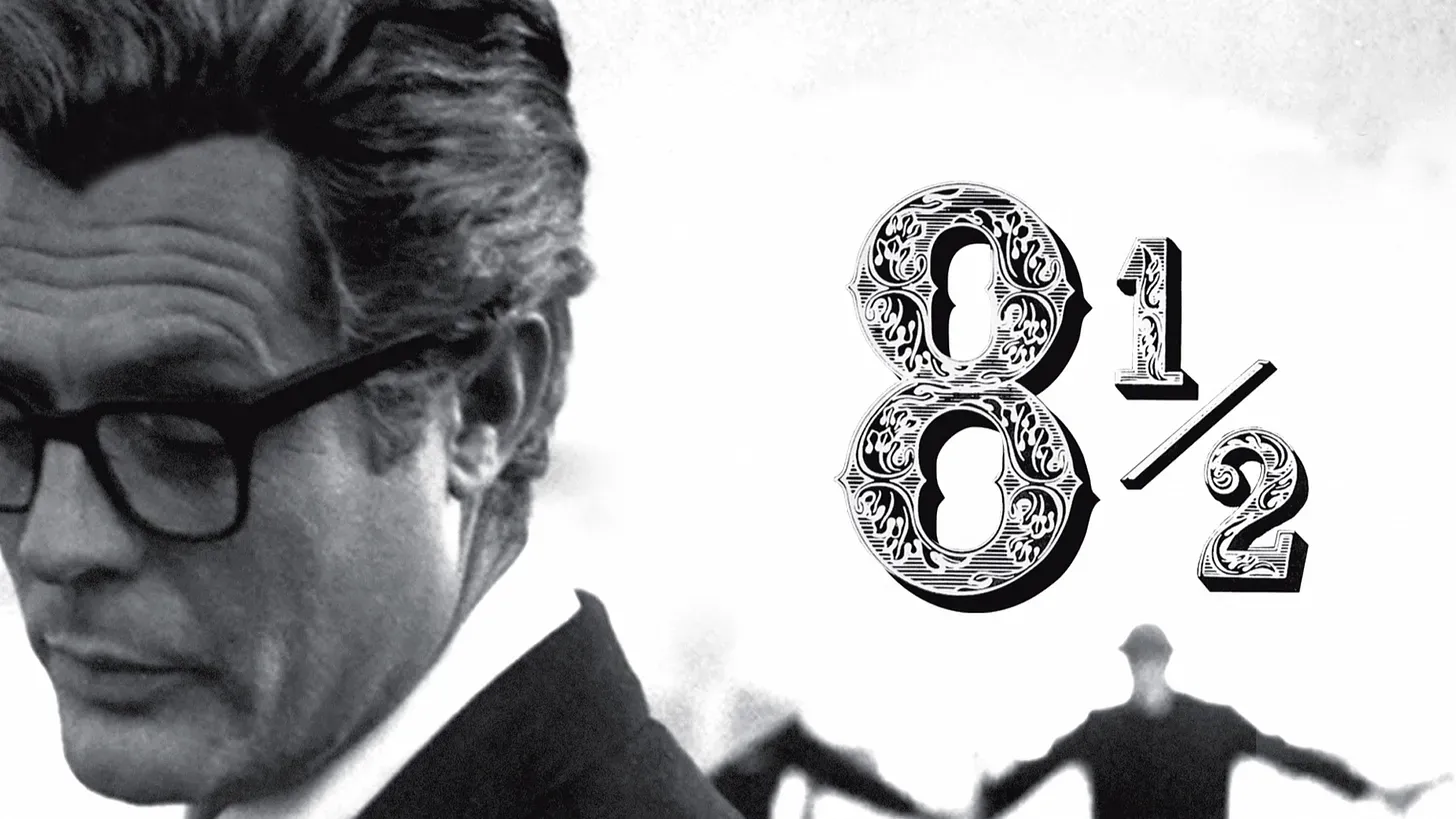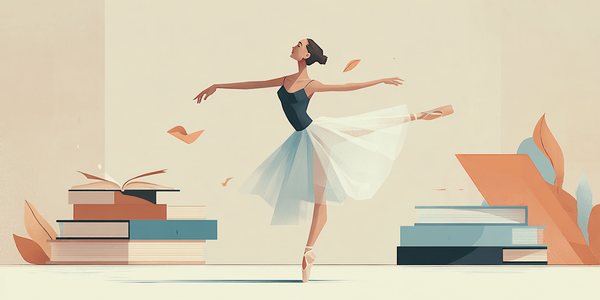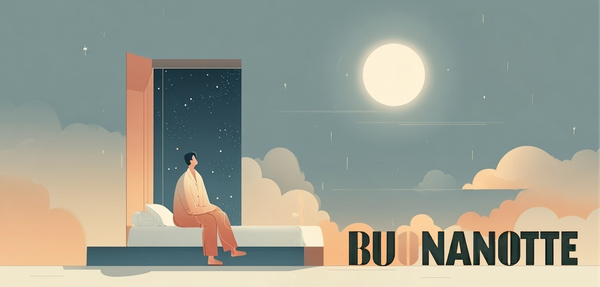Sogno
NOUN [masculine]
Meaning and English translation 🔖
1. Dream, Vision
🇬🇧 A set of images, sensations, and perceptions that manifest during sleep.
🇮🇹 Insieme di immagini, sensazioni e percezioni che si manifestano durante il sonno.
2. Aspiration, Ideal
🇬🇧 A desire, hope, or project that one wishes to achieve.
🇮🇹 Desiderio, speranza o progetto che si vuole realizzare.
| Masculine ♂️ | Feminine ♀️ | |
|---|---|---|
| Singular | il - un sogno | - |
| Plural | i - dei sogni | - |
Example sentences 💬
Ho fatto un sogno stranissimo stanotte: ero in una città sconosciuta e non riuscivo a trovare la strada di casa.
I had a strange dream last night: I was in an unknown city and couldn't find my way home.
Il mio sogno è sempre stato quello di diventare un’astronauta e viaggiare nello spazio.
My dream has always been to become an astronaut and travel in space.
This article is brought to you by Giulia School, where you can learn Italian the natural way—with real conversations and passionate teachers guiding you every step of the journey. It’s the closest thing to immersion you can get without living in Italy. Click here to learn more.
Idioms with sogno 🇮🇹
Vivere nel mondo dei sogni
→ To live in a dream world
Smettila di vivere nel mondo dei sogni e affronta la realtà!
Stop living in a dream world and face reality!
Coronare il proprio sogno
→ To fulfill one's dream
Dopo anni di duro lavoro, ha finalmente coronato il suo sogno di aprire un ristorante.
After years of hard work, he finally fulfilled his dream of opening a restaurant.
Sogno nel cassetto
→ Life-long dream, Long-cherished dream
Il mio sogno nel cassetto è quello di scrivere un romanzo.
My life-long dream is to write a novel.
Neanche per sogno / Manco per sogno / Nemmeno per sogno
→ Not in a million years, no way
"Vuoi venire a correre con me alle 5 del mattino?" "Neanche per sogno!"
"Do you want to come running with me at 5 in the morning?" "Not in a million years!"
Sogni d'oro
→ Sweet dreams
Buonanotte, sogni d'oro!
Good night, sweet dreams!
Da sogno
→ Dreamy, perfect
Quella vacanza in Sardegna è stata un'esperienza da sogno.
That vacation in Sardinia was a dreamy experience.
Che sogno!
→ What a dream!
Che sogno! Ho vinto un viaggio gratis per due persone in Italia.
What a dream! I won a free trip for two to Italy.
Sogno o son desto?
→ Am I dreaming or awake?
Quando ho visto il mio attore preferito al supermercato, mi sono chiesto: "Sogno o son desto?"
When I saw my favorite actor at the supermarket, I wondered: "Am I dreaming or awake?"
Where does the word sogno come from? 🔎
Sogno comes from the Latin somnium, related to the verb somniare (to dream) and somnus (sleep).
Did you know that... 🤓
Impress your italian friends with curious facts about Italy and its culture
Fellini's '8½' is a dream. Actually, many dreams.
Last Saturday, I had an aperitivo with Barbara, a dear friend and Italian teacher. I knew she was a great Italian cinema enthusiast, so I asked her, "Barbara, a couple of weeks ago, I rewatched Fellini's '8½', and like the first time, I didn't understand it well. Can you explain to me why it's considered a masterpiece?"
Barbara smiled, took a sip of her spritz, and explained: "Oh, it's a wonderful story! Everyone talks about 'La dolce vita' and 'Amarcord' - beautiful films! - but '8½' is genius. First, do you know why it's called '8½'?"
I shook my head, curious.

"Well, Fellini had already made six full and three 'half' films, meaning collaborations with other directors. So, this was his eighth and a half film. A very creative title, right?"
I nodded, surprised by this interesting detail.
Barbara continued: "The most fascinating thing is that the protagonist, Guido, is actually Fellini himself. It's as if Fellini was looking at himself in the mirror and telling his own story."
"Really?" I exclaimed. "So it's a true story?"
"Well, not exactly true, but based on Fellini's life. Imagine a director, Guido - Fellini - who no longer knows what to do. He has a thousand ideas but can't put them together. A bit like when you have many ingredients in the fridge but don't know what dish to cook!"
I laughed at the image. "And then what happens?" I asked, increasingly interested.
"Guido starts dreaming," Barbara continued. "But not normal dreams. Dreams that mix with reality. One moment he's talking to real people, the next he's in a childhood memory. It's as if his mind were a big theater and all the characters from his life were on stage together."
"Indeed, it all seemed very confusing to me!" I commented.
"It is!" Barbara exclaimed. "But it's precisely this confusion that makes the film special. Fellini lets us into his head through Guido. We see his memories, his fears, his desires. It's as if we could read Fellini's thoughts themselves."
I paused for a moment to reflect. "So, dreams are important in the film?"
"Extremely important!" Barbara replied enthusiastically. "Guido's dreams aren't just fantasies. They're a way for him to understand himself. For example, there's a beautiful scene where he dreams of talking to his long-dead father. It's a touching moment that makes us think about how precious time with our parents is, how important it is to find time to talk to them while they're still alive because afterward, they'll only be in our dreams."
At this point, I felt a lump in my throat thinking about my distant parents.
Barbara then continued: "In the end, Guido realizes that all these dreams, memories, and people are part of him. He doesn't have to run away from them but accepts them. It's as if Fellini were telling us: 'Hey, it's okay to be confused. It's okay not to have all the answers. The important thing is to keep dreaming and living'."
As I was going home, I thought it might be interesting to rewatch masterpieces from the past with people like Barbara, who could explain their hidden and deep meaning.
And so I ask you: would you be interested in a movie club?





